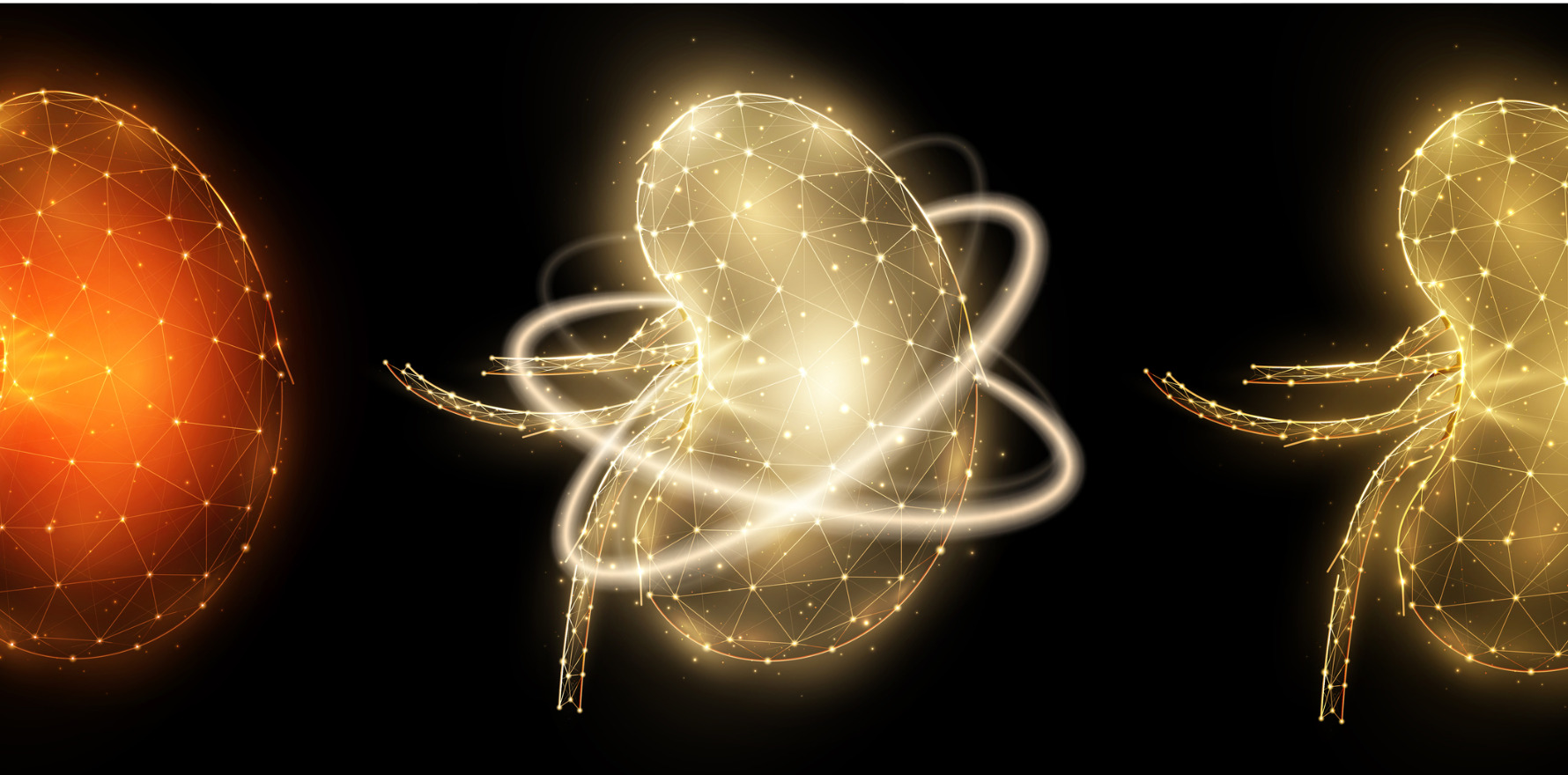It’s still very early days, but researchers believe they have found a way to use enzymes to create universal donor organs.
Researchers at the University of British Columbia, Canadian biotech company Avivo and partners in China have carried out the world’s first kidney transplant using an organ converted from blood type A to universal type O.
The experimental procedurerepresented a major step toward making “universal donor” organs a reality and could significantly expand the pool of transplantable kidneys, they said.
Traditional methods for overcoming blood-type incompatibility in transplants require days of intensive treatment to strip antibodies and suppress a recipient’s immune system – and require organs from living donors.
This new approach changes the organ rather than the patient, meaning transplants could be performed faster, with fewer complications, and for the first time could unlock the use of blood-type mismatched organs from deceased donors.
“This study provides a donor-centric organ engineering strategy and has the potential to broaden the reach of ABO-incompatible kidney transplantation, improving the fairness of and access to organ allocation,” the researchers wrote in Nature Biomedical Engineering.
In the procedure, scientists used a pair of enzymes to strip away A-antigens from the surface of a donor kidney during hypothermic perfusion, effectively converting the organ into an enzyme-converted O (ECO) kidney.
Unlike conventional strategies for ABO-incompatible transplantation, which relies on intensive desensitisation of the recipient through plasmapheresis and immunosuppressive therapy, this approach targets the donor organ itself.
The converted kidney was then transplanted into a brain-dead type O recipient with high anti-A antibody titres under standard surgical protocols.
The research team reported that no hyperacute rejection occurred in the first 48 hours, with the organ showing evidence of perfusion and urine output.
However, by the third day, signs of antibody-mediated injury and re-emergence of A-antigens were observed, along with complement deposition in renal tissue.
Transcriptomic analysis suggested activation of pathways associated with “accommodation,” the process by which a graft adapts to persistent antibodies.
While this decedent model does not permit long-term survival studies, the absence of immediate rejection strongly supports the feasibility of enzymatic antigen removal as a donor-centric strategy, the researchers said.
“This is the first time we’ve seen this play out in a human model,” said Dr Stephen Withers, UBC professor emeritus of chemistry, who co-led the enzyme development.
“It gives us invaluable insight into how to improve long-term outcomes.”
The researchers said this proof-of-concept demonstration has the potential to reshape how ABO incompatibility is managed in transplantation.
If further developed, the technology could reduce the need for risky desensitisation protocols, expand the use of kidneys from donors who would otherwise be incompatible, and shorten wait times for patients with rarer blood types.
The findings also underscored challenges that remain, particularly the regeneration of blood group antigens and the risk of delayed immune injury. Longer-term studies in preclinical models will be needed before human trials can begin.
The achievement builds on years of work by UBC scientists and collaborators in China who helped refine the enzymatic process.
The team now plans to optimise the method, test durability of antigen removal, and explore combined strategies to sustain long-term graft function.
Regulatory approval for clinical trials is the next hurdle, and the partner UBC spin-off company Avivo will lead development of the enzymes for transplant application and to enable the creation of universal donor blood on demand for transfusion medicine.
“This is what it looks like when years of basic science finally connect to patient care,” said Dr Withers.
“Seeing our discoveries edge closer to real-world impact is what keeps us pushing forward.”
Avivo CEO John Coleman said the discovery had massive potential.
“This is the first time a type A human kidney has been converted to ECO and successfully transplanted into a mismatched recipient,” he said.
“Publication in Nature Biomedical Engineering underscores the significance of this breakthrough and its potential to transform organ transplantation. By enabling every donor organ to become universally compatible, our ECO platform has the potential to save more lives and reduce waitlist mortality.”


